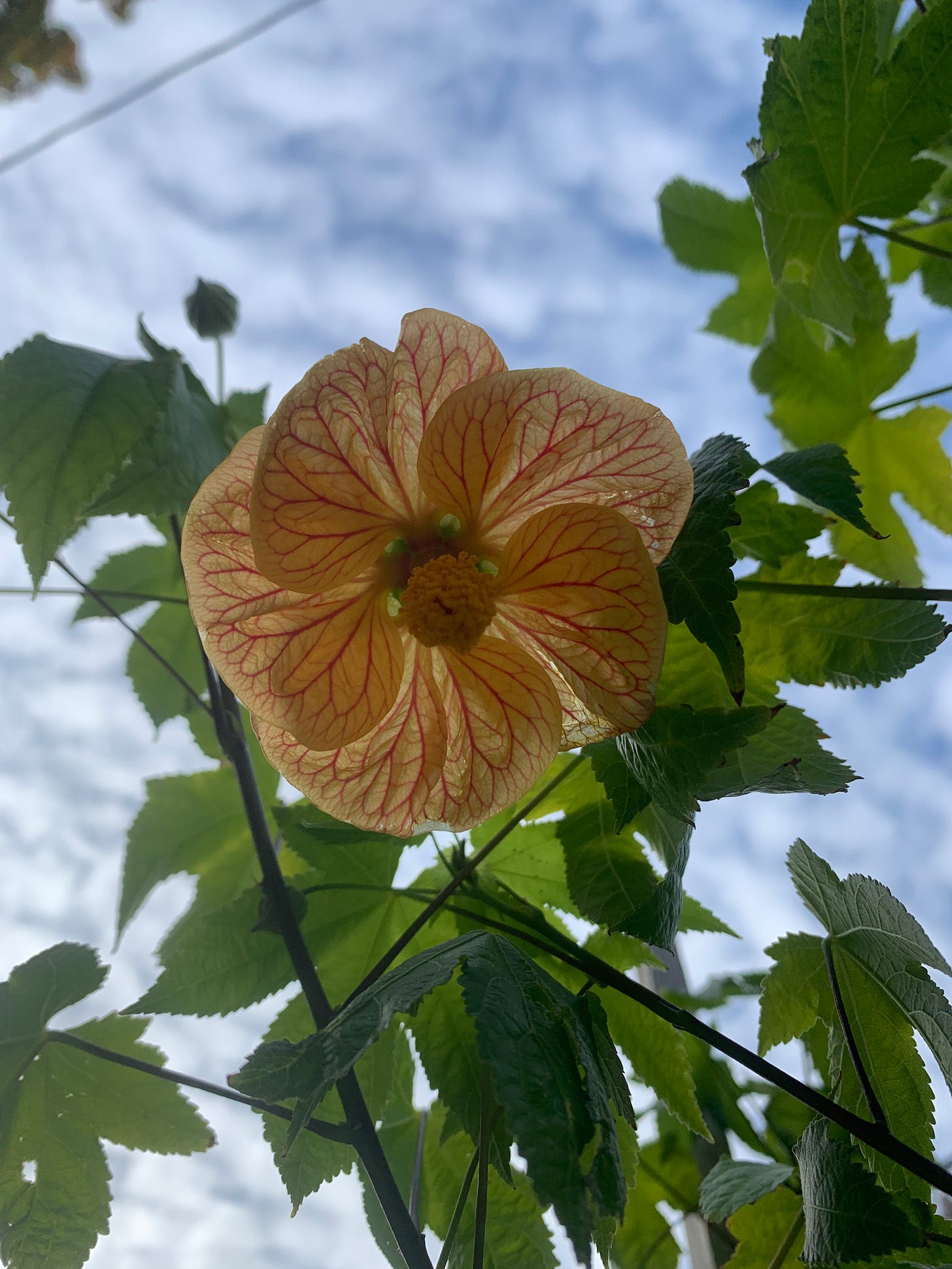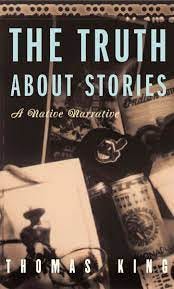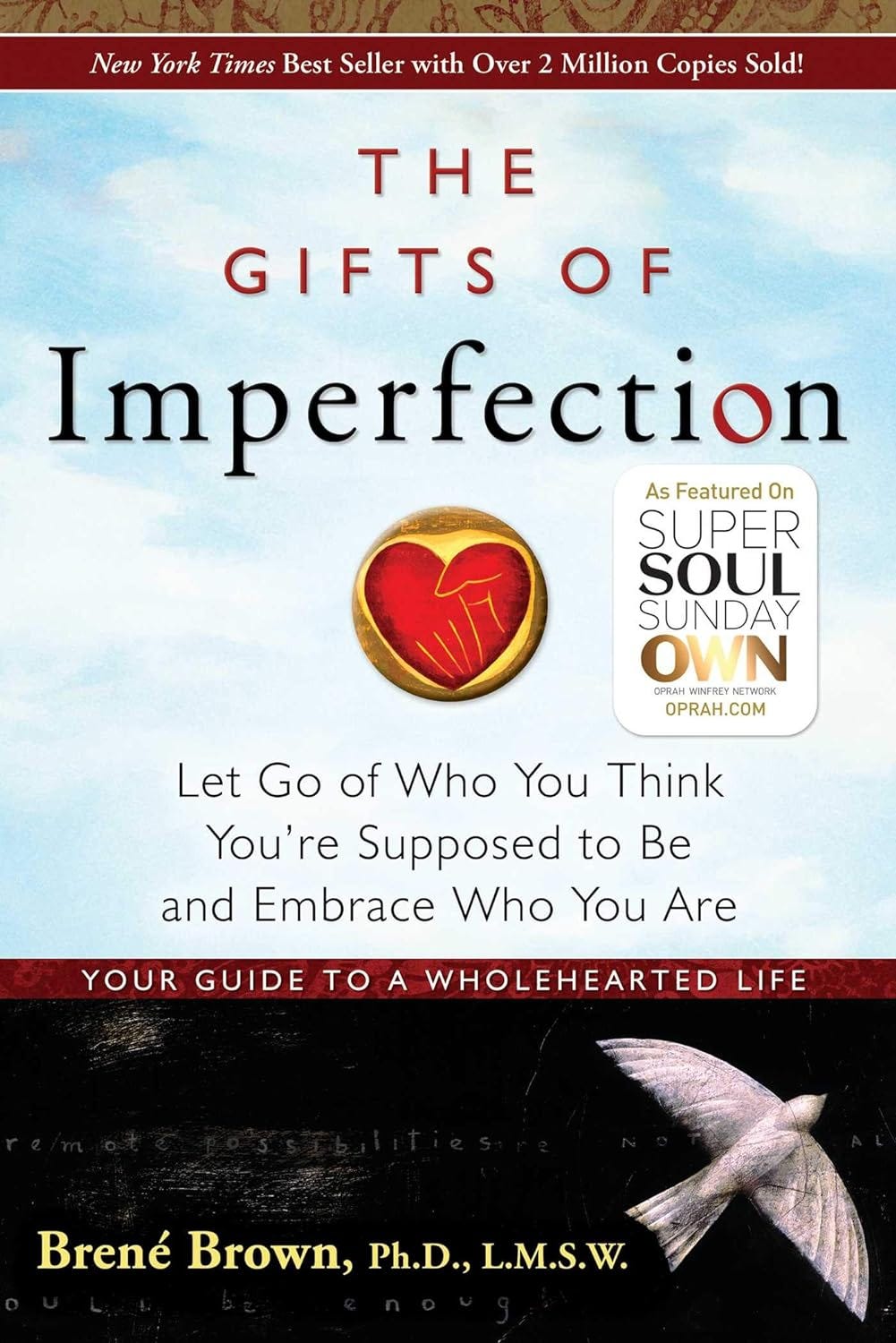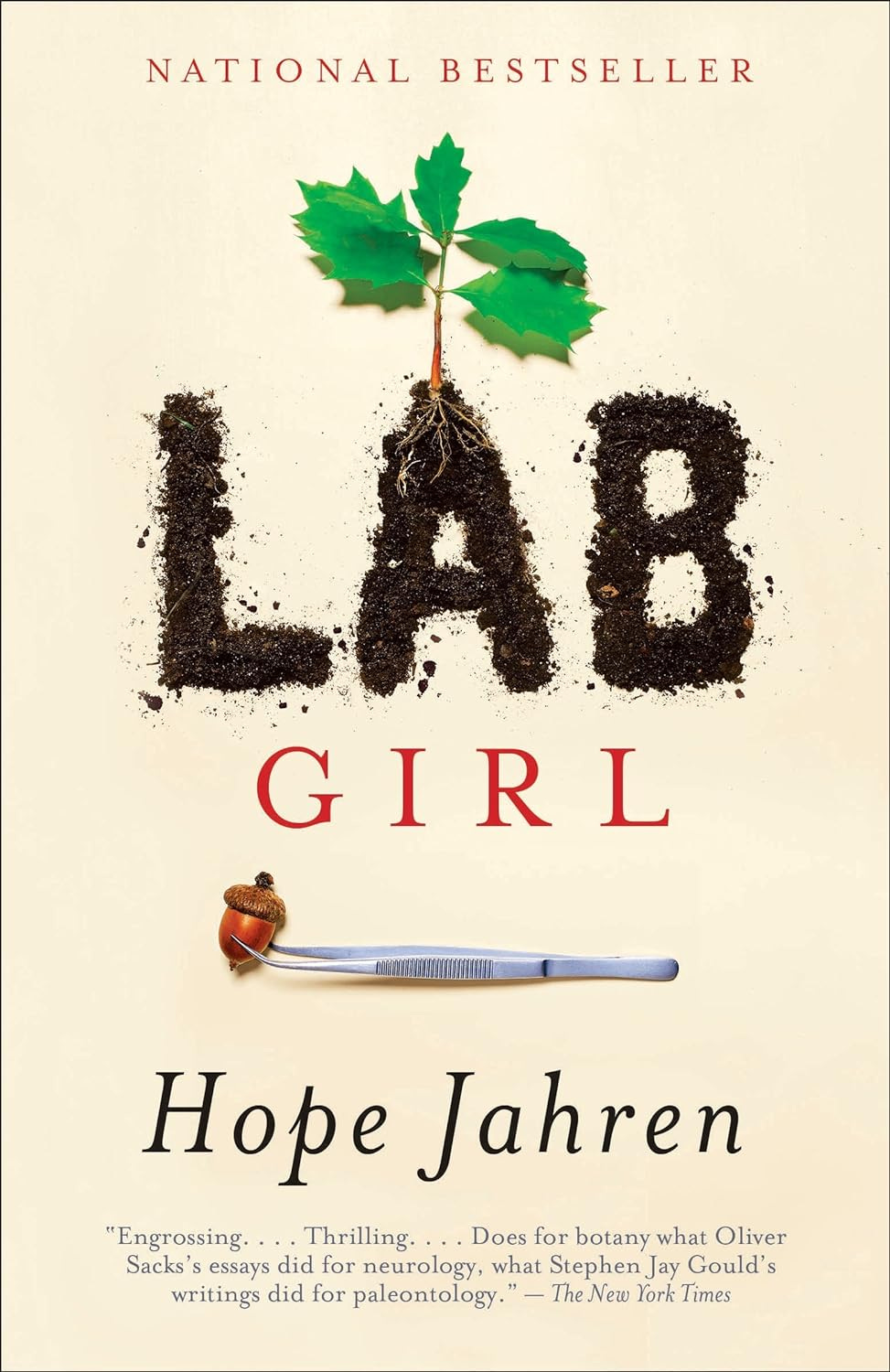Welcome to Pocketful of Prose, a community for sharing stories. As always, there’s an audio version of this post if that works better for you. This is the second in a six-part series on the power of story. Each week I pose some questions to stir up conversation, but feel free just to say hi in the comments or tell us about a good book you read recently. If you like it here, and it makes you feel warm and toasty like the fancy woodfired apple candle I purchased this week at Atticus Coffee and Gifts, please click the heart at the bottom and share with a friend. You can also support this publication by becoming a paid subscriber. A monthly subscription is cheaper than a candle. Another shout out this week to my daughter Anna for helping me revise and edit this post. She always identifies places where I am getting the story wrong, and she says lots of kind things too. I’m so lucky to have such a good editor in house. I should probably buy her a candle.
Without further ado, today’s pocket.
I checked out a birdwatching kit from the library this summer. The best part of the kit was the glossy black binoculars. I loved carrying them around while I hiked. I felt like I was seeing a whole new world, and in some ways I was. Have you ever watched a woodpecker eat breakfast? It is an insanely messy and joyous sight. Wood flies everywhere, but that doesn’t deter the woodpecker one bit. He is determined to find some grub.
I had so much fun with the birdwatching kit that I bought a pair of binoculars for myself. I wanted to see everything closer. I thought I might even take my new specs to concerts with me. I don’t go to a ton of concerts, and both of my children told me that when I do, I shouldn’t be sporting my bird watching binoculars, but I scoffed at their advice. I was so impressed with my new toy that I made everyone in my family try them out. My kids were less impressed than me.
We take them hiking with us, and I hand the binoculars to Anna as we are walking along the trail hoping to catch sight of a bald eagle.
Anna holds the binoculars to her eyes. “These are broken,” she says.
“No, they aren’t.” I protest.
Seabass comes up behind us and says, “Yeah. I told Mama those were broken, but she wouldn’t believe me.”
Anna hands the binoculars back, and both kids shake their heads at me.
Later that summer, I take the binoculars to REI, and the clerk comes to the same conclusion as Anna and Bass. One of the lenses is completely defective.
I have known for years that I don’t exactly have eagle eyes. I wonder if part of the reason I was so impressed with the binoculars was because they magnified things to a point where I could really see them. I was discovering a whole new world, not just because I was looking at woodpeckers and bald eagles up close, but because for the first time, I could actually see them.
This year, I am in a new office, and my colleague and I often project projects we are working on together on the large screen at the front of the room. My desk is about ten feet from the screen. Deena, my colleague, who is about twenty years older than me, can see the screen perfectly. I, however, find myself squinting, inwardly cursing because Deena doesn’t like cursing, and then just giving up and looking over Deena’s shoulder at her computer screen.
Sometimes when we see things in a certain light for so long, we can’t begin to imagine there might be a different way of seeing. Sometimes we don’t know our binoculars are broken unless we let someone else try them on.
We can get stuck in our way of seeing things.
It is not a bad idea to pause sometimes and ask if our way of seeing things serves us.
In a recent “Poetry Unbound” post, Pádraig Ó Tuama looks at the story of Adam and Eve and suggests that “we don’t need to eradicate our myths: it’s that our interpretation of them needs to be investigated.” He encourages us to examine the way we see this myth and to consider how our interpretations of this story might not always serve us. How has the telling of this story perhaps reinforced a cultural “addiction to blame?”
In Ada Limón’s poem “Joint Custody,” she revisits a story she repeated as a kid, the story of her parents’ divorce. She imagines what it would be like to tell that story differently, not as just as a story about loss and grief but as a story of something else. In a workshop I attended with Ada Limón which I wrote about here, she offered a writing prompt which encouraged participants to return to an old story, a story told and retold, like Adam and Eve, like the story of her parents’ divorce, and to fill in the pieces of what might be left out of that version. She asked us to consider what might be missing from the stories we know by heart. It kind of blows things open, doesn’t it?
In her poem “Joint Custody,” Ada writes a new version of her story. “Why did I never see it for what it was: abundance. Two families, two different kitchen tables, two sets of rules, two creeks, two highways, two stepparents with their fish tanks or eight tracks or cigarette smoke or expertise in recipes or reading skills.” (You can read the full poem here.)
Thomas King in his book The Truth About Stories revisits the Adam and Eve myth and asks… What kind of world would it be “if the creation story had featured a flawed deity who was understanding and sympathetic rather than autocratic and rigid?... What if the animals had decided on their own names? What if Adam and Eve had simply been admonished for their foolishness?”
I’ve finally gotten around to reading The Gifts of Imperfection by Brené Brown. I have just started the book, but she begins by identifying the traits and practices that lead to wholeheartedness and then soon realizes that if she wants to live a more wholehearted life, she will have to let go of her old ways of seeing. She says, “It was clear to me that I was lacking in my own heart work…I’m living straight down the shit list.”
Sometimes we get stuck in our stories.
Sometimes we have to ask ourselves if the stories we tell serve us.
Sometimes we have to revise our stories.
I grew up with mental illness in my home, but my understanding of mental illness was limited. In some ways, my understanding was preoccupied with blame. I viewed mental illness as a character flaw, and I was scared that it might happen to me. Thankfully, over the years, I have started to look at that story differently. Sometimes it’s a story itself that sparks us to revisit our own stories. For me, it was Hope Jahren’s Lab Girl, which chronicles Hope’s life and accomplishments as a geobiologist and lover of the natural world, who also happens to have bipolar disorder. Hope’s story showed me a new way of seeing my story and the story of those I love. I widened my lens and started revising the version of my story that I had always told. In the new version of my story, I recognize that everyone deserves to live a fulfilling, wholehearted life, and that people who choose to pursue this path, even with extreme barriers in place, are actually really brave. Quite often their experience gives them insight into the human heart that others don’t have. I spent less time fearing that I might develop a mental illness, and instead I started looking at the parts of myself that could be more whole. I also started to see traits and qualities in my loved ones that were worth emulating.
“Why did I never see it for what it was?” I return to Ada’s question and apply it to my own story. Sometimes a question offers the grease we need to get unstuck. I feel a little like Winnie the Pooh after his friends have rescued him from the honey pot. Seeing our stories in a new light, a more gentle, compassionate light, a light that lifts us up and gives us courage, is indeed as sweet as honey.
On another note, it probably wouldn’t hurt for me to go get some glasses.
I would love to continue this conversation in the comments. What resonates with you? What are you seeing differently these days? What has helped you get unstuck?
I am going to close out with a poem I wrote this week after the cashier at Trader Joe’s shared his story with me.
Marriage Expert
At the grocery store, instead of telling me how much he likes the veggie burgers in my basket
the cashier tells me he is a marriage expert
He and his wife have been together for 16 years
and before that he was married for 25 years
“I have over forty years of experience in the marriage department.”
“You ended a 25-year marriage?”
I immediately wish I could pull the words back
“I’m sorry. Ended is not the right word.”
“She ended it.” He says
“Told me she found someone else.”
“Completed,” I say.
“I think I heard someone wise say that once.
They had completed their marriage.”
Not severed, ruined, destroyed, or ended
Completed
“I like that,” he says. “Completed.”
A word that recognizes the journey
that honors the work and commitment of building a life with someone
a word that removes blame
and sheds some light
a word that dares you to be satisfied









Loved the rethinking and reframing discussion. I need to do this consistently in the fall. It is easy to dread the falling light, and long work days. A better lense is cooler weather, and more connection. LOVE the pictures. Well done!
That poem, Mary! What a beautiful reframe of an ending. A completion. Love it.
I'm fascinated by the impact the stories we tell ourselves can have on our wellbeing and growth. This week, my writing group will focus on the impact of shame – specifically the shame placed on us by others' stories. There is a lot of Brené Brown! Ps, your daughter sounds ACE. Oh, to have an in-house editor!